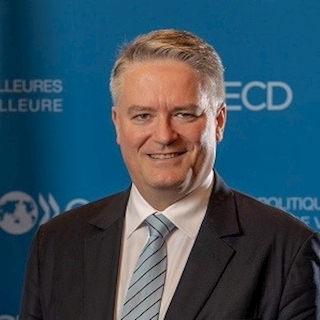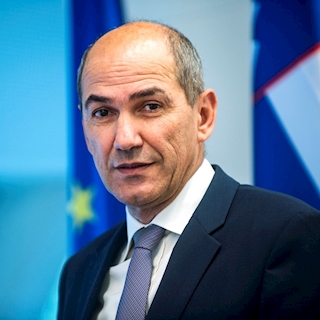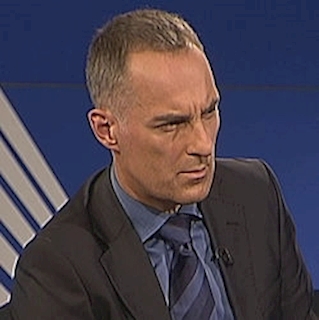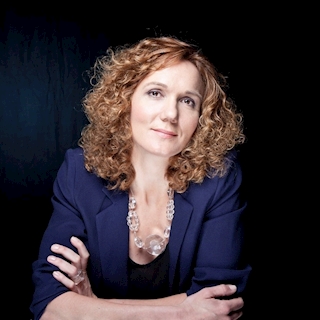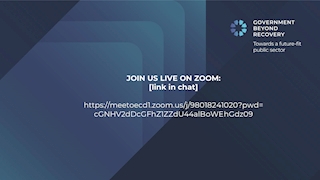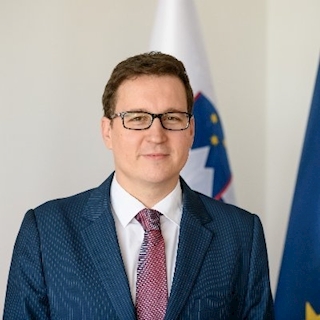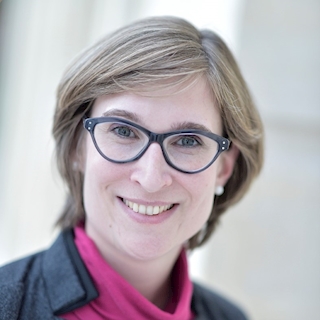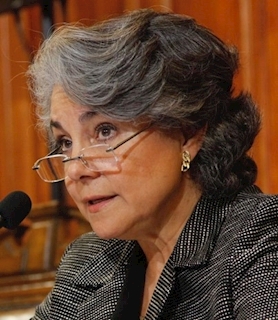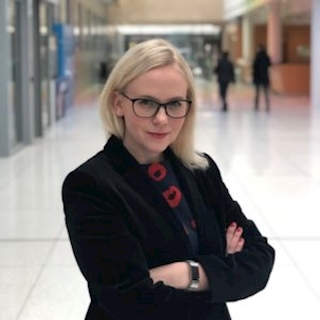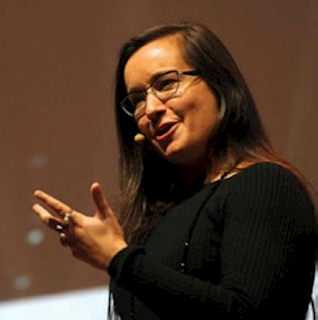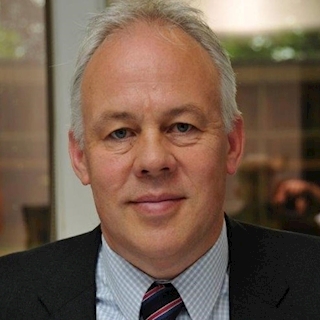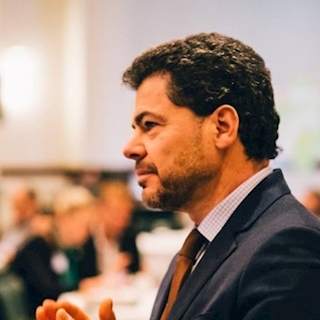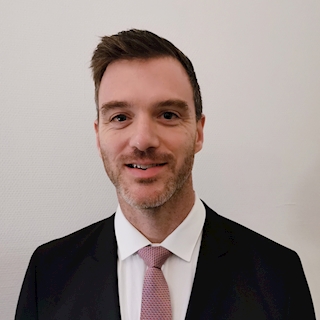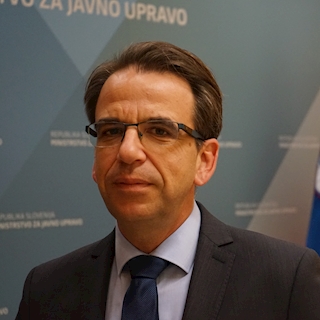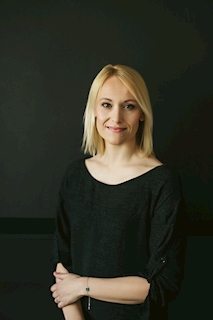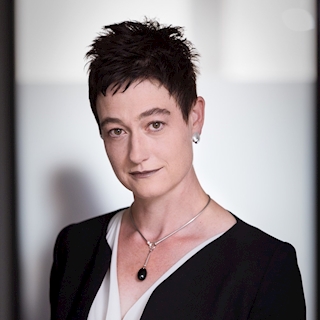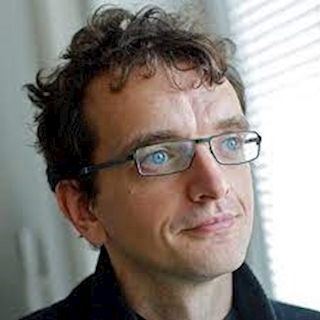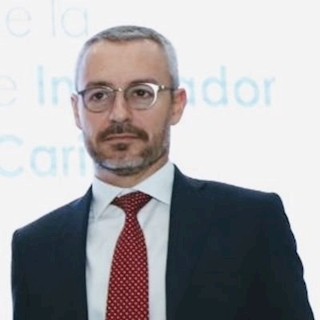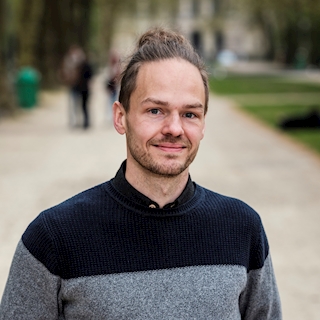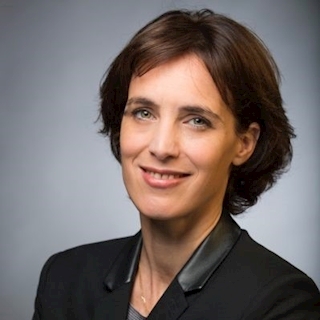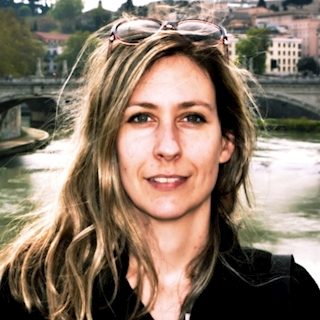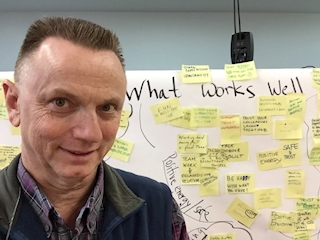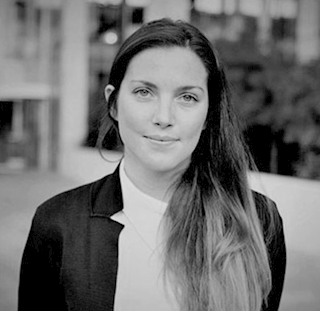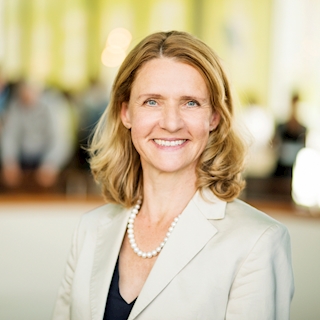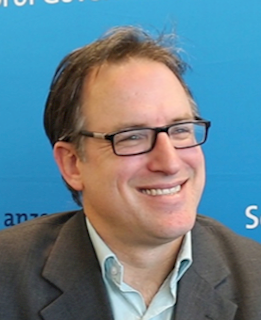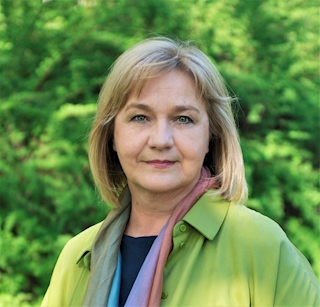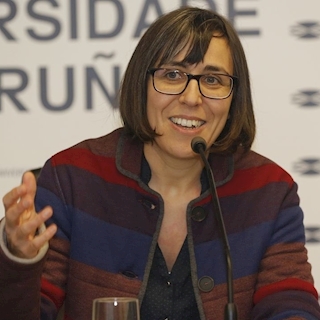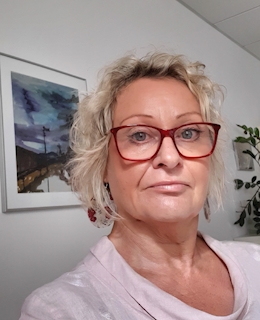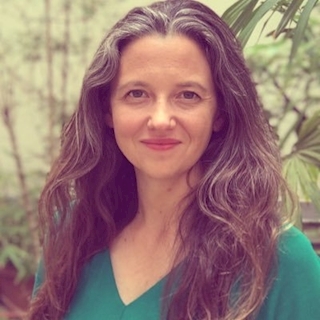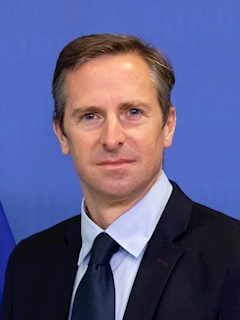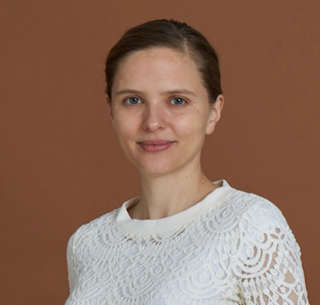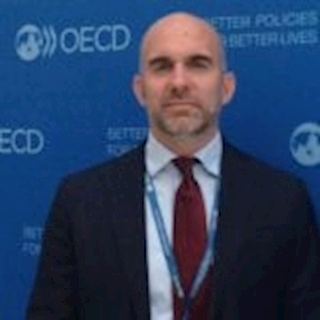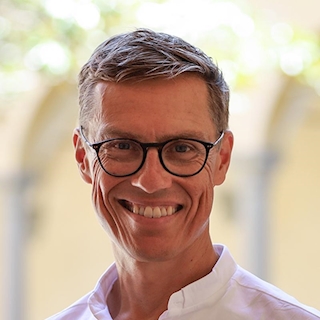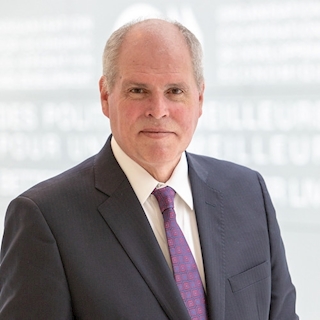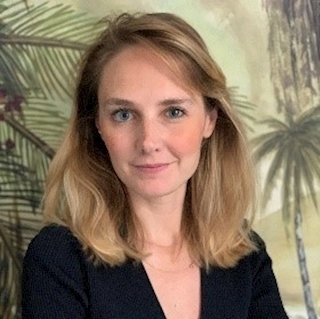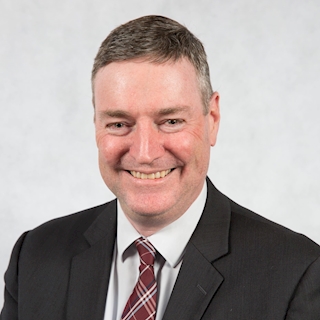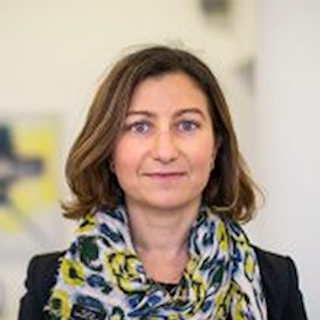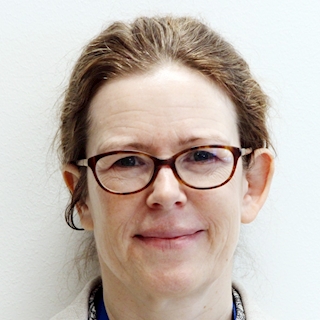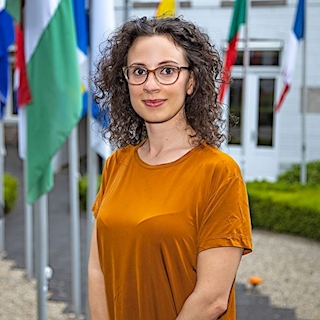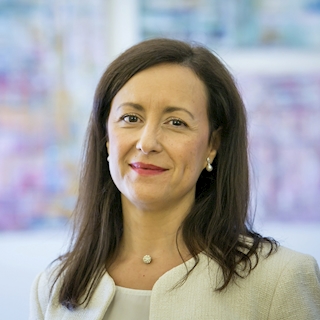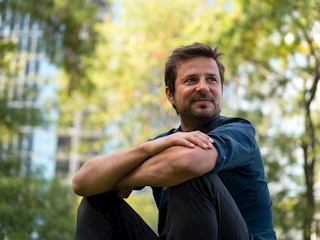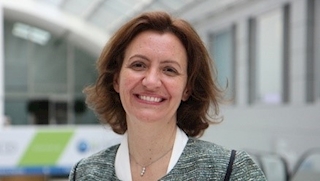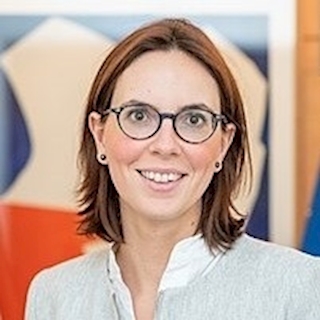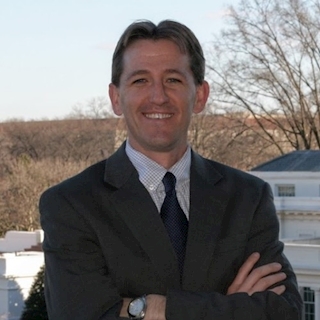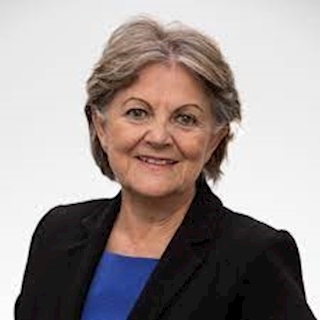Mathias CormannSecretary GeneralOrganisation for Economic Co-operation and Development
Agenda
All sessions are displayed in your local time zone.
Day 1 :
18th October 2021Time Zones
07:30
Global Launch
07:30
Opening Remarks: Building innovative and inclusive governments
The COVID-19 recovery presents an opportunity for governments to refresh their approach to public governance by building back better. Public sector innovation has been central to maintaining the continuity of government services during the pandemic. Meanwhile, the crisis also magnified the importance of inclusive governance practice for building trust, and leaving nobody left behind. This panel will reflect on how innovation and inclusion can stand as pillars for governance as governments seek to shape and steer recovery efforts.
09:00
BLOCK 1: Anticipating the Future
Panel Discussion: Building national governance capacities to work towards desirable futures
Governments worldwide are increasingly using strategic foresight and anticipatory innovation governance to get ahead of disruptions, build resilience, and design policies that are fit for the future. Irreducible uncertainty and complexity highlight the limitations of traditional forecast-based planning. This session will demonstrate how governments are embracing novel future-oriented governance approaches in practice to better integrate the future in policy planning and address to global challenges.
Boštjan KoritnikMinister of Public AdministrationGovernment of Slovenia
Jean-Eric PaquetDirector-GeneralDG Research and Innovation
Cécile WendlingGroup Head of Security Strategy, Threat Anticipation and ResearchAXA
María Elena AgüeroSecretary-GeneralClub de Madrid
ModeratorJanos BertokDeputy Director, Public Governance DirectorateOECD
10:30
Break
11:30
BLOCK 2: Innovation in practice
Panel Discussion: Anticipation to bold missions: Shaping the future through missions and anticipation
With challenges like climate change, cancer and pandemics, and ambitious goals like sustainable transport and clean oceans, short-term, single stakeholder approaches are no longer sufficient. Mission-oriented innovation has become one of the most significant vehicles for tackling complex challenges. How do you avoid lock-in when setting and designing missions that are adaptive and open to experimentation? How do futures and foresight methodologies fit into missions and is it possible to future-proof a mission? This session discusses the role of the state in shaping missions by convening and coordinating actors around wicked issues that require long-term, future-oriented governance.
Cat TullyManaging DirectorSchool of International Futures (SOIF)
Anne-Marie Levy RasmussenCEOInnovation Fund Denmark
Kristin Karlsrud HaugseSenior AdvisorNorwegian Digitalisation Agency
Neville ReeveHead of Sector - MissionsEuropean Commission, DG Research and Innovation
Philippe LarruePolicy AnalystOECD
ModeratorPiret TõnuristInnovation LeadOECD
Panel Discussion: Public sector skills for the Future
In a rapidly changing, globalised world, the need for a constantly adapting set of skills has emerged. Equipping public sector organizations with the vision and flexibility to adapt to changing circumstances is key. Developing effective talent management strategies can help manage the loss of institutional memory while bringing in and retaining new skills and competencies. This implies a shift from passive management to proactive engagement of leadership and staff and the need for new competency and organization models.
Daniele DottoDeputy Director, Directorate B - Support to Member States ReformsEuropean Commission
Peter PogačarDirector GeneralPublic Sector Directorate, Ministry of Public Administration, Slovenia
Katarina Primožič RamovešHead of HRNil d.o.o.
Cheryl ChungProgramme DirectorExecutive Education Singapore Futures, National University of Singapore
Fabiana ScapoloHeadCompetence Centre Foresight, European Commission
ModeratorDaniel GersonSenior Manager, Public Employment and ManagementOECD
13:00
Break
13:15
BLOCK 3: Managing innovation
Panel Discussion: Managing innovation in the public sector: From ecosystems & portfolios to action
How can governments support innovative efforts and approaches where they are most needed? Innovation portfolio management is becoming a core practice for intentional and proactive public sector innovation. Public sectors are seeking to steward innovation portfolios among an ecosystem of actors, including emerging strategies for catalysing and sustaining collective system change. This session will explore how innovation portfolio practices help build clarity of purpose for innovation, oversight of the intersection between innovation support activities, prompt ideas for change, and signal deficiencies and gaps.
14:30
BLOCK 4: Democratic innovation and building trust in government
Panel Discussion: Changing the relationship between government and citizens through democratic innovations
People’s expectations about participation in public decision making have changed. Citizens are less trusting of government, but are also more engaged on issues that affect them and their communities. They expect to be involved in a wide range of ways that allow them to meaningfully contribute to decisions that impact them. Democratic innovations - institutions that deepen people’s participation in political decision making processes - have been shifting power towards citizens, allowing them to inform and shape how policies and services are designed. This session will explore examples of democratic innovations being designed and implemented in a way for citizen participation to be productive, and the effect this has on improving public decision making and strengthening society’s democratic fitness.
Jon AlexanderCo-founder and DirectorNew Citizenship Project
Pepijn KennisMemberBrussels Parliament for citizens’ movement
Zakia ElvangDemocracy Advisor and EntrepreneurWe Do Democracy
Gaëtane Ricard-NihoulMemberCommon Secretariat of The Conference On the Future of Europe
Dan PodjedExecutive AdvisorEASA Applied Anthropology Network
ModeratorAlessandro BellantoniHead of Open Government UnitOrganisation for Economic Cooperation and Development
Day 2 :
19th October 202107:00
BLOCK 5: Co-creation and collaboration for better governance
Panel Discussion: Building inclusive societies: The importance of co-creation
This panel will identify existing practices, new ways and levels of co-creating (informing, co-design, co-construction, co-experience) with stakeholders in the public sector. The session will explore successes, lessons learned, best practices and opportunities for co-creation. The panel will also ask the questions:
• Under what circumstances do traditional methods (ex. coordinated centrally by the state) vs new approaches (ex. decentralized coordinated through public-private partnership) work best?
• What does it take to transform the hierarchical approaches prevalent in the public sector in order to find optimal solutions and results and include stakeholders in policy development?
The panel/workshop will explore potential opportunities and showcase examples to reflect on what is important when leveraging co-creation to deal with complex societal challenges.
Indy JoharFounderDarkMatterLabs
Matija KodraProject manager at Inovativen.siMinistry of Public Administration of Republic of Slovenia
Sanja VrbekResearcherFaculty of Public Administration, University of Ljubljana
Ian AndersenIndependent Consultant
ModeratorMarjeta NovakPresidentInternational Association of Facilitators (Slovenia)
Panel Discussion: Behavioural transformations for a more sustainable world: behavioural science to support green public governance
How can governments better understand and change the behaviours that contribute to the climate emergency? How can behavioural science help policymakers to create more effective policy responses? This session will explore how behavioural science can support green public governance by providing tools to encourage the adoption of sustainable behaviours and by helping take into account how people are likely to respond to green reforms.
Prof. Lucia ReischProfessor for Behavioural Economics and Public PolicyUniversity of Cambridge
Dr. Hannah JulienneProgramme ExecutiveBehavioural Economics Unit at the Sustainable Energy Authority of Ireland
Prof. Liam SmithDirectorBehaviourWorks Australia
ModeratorDr. Chiara VarazzaniLead Behavioural ScientistOECD Observatory of Public Sector Innovation
08:15
BLOCK 6: Co-creation as a driver of trust
Panel Discussion: Accounting for Innovation in CAF
One of the eight principles of excellence of the Common Assessment framework is Continuous improvement and innovation. Self-assessment of a public organisation supports the diagnosis of needed actions for innovation based in a co-creation model.
This session will explore how public sector organizations are using the Common Assessment Framework to innovate, co-create among their employees, and build trust with the citizens through the services delivered. We will be presenting different experiences coming from all levels of government, to show how CAF will leverage the public sector efforts to promote innovation.
Agnieszka GóreckaHead of the Quality Management Section in Organization and Control Department of Krakow City OfficeCity of Krakow
Ksenja HauptmanSecretaryMinistry of Education, Science and Sport
Eva Sejrek-TunkeMember of Executive Group for Organisation and SecurityCity of Vienna
Gracia Vara ArribasHead of the European CAF Resource CenterEIPA
Sara FysonSenior Policy AdvisorOECD
ModeratorBarbara ZupancMinistry of Public Administration of Republic of Slovenia
Panel Discussion: Inclusive services: Building trust in public institutions
The COVID-19 pandemic highlighted the importance of public trust for the effectiveness of public policies. Existing services and policy instruments were quickly adapted, meeting the expectation of citizens to keep them safe during the crisis. However, a key risk during crises and phases of recovery arises if citizens feel alienated, excluded or left behind. This can happen if public services do not reach all segments of the population according to their needs, at the time of policy design as well as delivery. OECD evidence, based on the population survey on drivers of trust in government, shows that responsiveness and reliability of public services are two main determinants of people’s trust in public institutions, alongside with perception of fairness in the process and outcomes, government integrity and openness. This session will analyse the importance of inclusive policymaking tools and processes (e.g. co-creation) to build trust, not only across groups of people and places but also different public institutions themselves.
Margarita GómezExecutive Director of the People in Government LabUniversity of Oxford
Inita PaulovicaDeputy Director of Public Administration PolicyState Chancellery of Latvia
Dr. Mónica Ferrín PereiraLecturer and ResearcherUniversity of A Coruña
ModeratorDavid NguyenEconomistPublic Governance Directorate, OECD
09:30
Break
09:45
BLOCK 7: Experimenting towards a better future
Panel Discussion: Building agile regulations for an uncertain future
The COVID-19 pandemic has forced governments to rethink how they regulate. As governments rebuild afresh, they must ensure that the innovation that will power economic growth and solve the world’s most pressing social and environmental challenges is not held back by regulations designed for the past. A more agile approach to the regulatory governance of innovation is needed. One that supports renewed economic growth, inclusive development and resilience to future shocks. This panel discussion will bring different perspectives to reflect on how to undertake this paradigm shift in rule making.
Stephan NaundorfGerman Federal Chancellery
Diana ParedesCEO and Co-FounderSuade Labs
Florina PopData Protection ExpertEuropean Institute of Public Administration
Michael WimmerDirectorStrategy, Better Regulation & Corporate Governance, Secretary General
Tatiana JuelSpecial AdvisorDanish Business Authority, Office for Green and Responsible Business Development
ModeratorNick MalyshevHead, Regulatory Policy DivisionOECD
11:00
Block 8: Cross-border collaboration & new perspectives
11:00
Panel Discussion: Innovation through Cross-Border Collaboration: Governing Global Challenges
The ongoing COVID-19 pandemic has highlighted the importance of collaboration across borders at all levels of governance, as governments respond to shared challenges characterised by greater interconnectedness and complexity. In this session, OPSI and the UAE’s Mohammed Bin Rashid Centre for Government Innovation (MBRCGI) will present their findings on the nature of the challenges for innovating across borders, as well as welcome experts and practitioners from around the world who have come up with innovative solutions to these challenges.
Jamie BerryhillPolicy AnalystOECD
Åsa Ågren WikströmVice PresidentKvarken Council EGTC and Regional Development Board County of Västerbotten
Alexander StubbDirector and ProfessorEuropean University Institute - School of Transnational Governance
Jeffrey SchlagenhaufDeputy Secretary-GeneralOECD
Marianna KarttunenHead of UnitInternational Regulatory Co-operation, OECD)
Luke WilsonCross Border CommissionerRegional Development Victoria
ModeratorMarco DaglioHead of the Observatory of Public Sector InnovationOECD
12:30
BLOCK 9: Experimentation and innovation in practice
Panel Discussion: Building Digital by Default Services
How can governments design and deliver public services in an era where digital has become the default while ensuring citizens are not left behind? This panel will explore how countries are:
- Delivering omni-channel approaches that ensure no matter the channel someone chooses, they will always be able to access a consistent, integrated and high-quality service
- Working across the internal silos of public sector organisations to solve whole problems for users
- Recognising the access needs of their citizens to make sure services are accessible to all
- Using the physical infrastructure of government to support citizens develop the skills they need to thrive in the 21st century
Sofia MotaDirectorPublic Administration Digital Competencies Centre, AMA Portugal
Tadej GabrijelSecretaryDirectorate for Informatics: Ministry of Public Administration of Slovenia
Marine BoudeauChiefDesign of Digital Public Services Team
Laurence BerryService DesignerUK Digital Service
ModeratorBarbara UbaldiActing Head, Open and Innovative GovernmentOrganisation of Economic Cooperation and Development
Panel Discussion: Innovation friendly regulation
Well-designed laws can help to create the best possible conditions for innovation to flourish. Regulatory sandboxes and experimentation clauses could help set a safe testing ground, under regulatory supervision, for experimenting, collecting experiences, and testing new approaches, innovative technologies, products and services in a real-world environment. These experiences can then inform evidence-based policymaking. As practices differ globally, the aim of the panel is to present best practices and lessons learned with potential benefits and risks.
Stephen AlmondInformation Commissioner's OfficeDirector of Technology and Innovation
Genovefa RužićHead of Sector for Administrative Burden Reduction, Better Regulation and Quality in Public SectorMinistry of Public Administration
Ann-Sofie RönnlundHead of Unit, Directorate-General for Research and InnovationEuropean Commission
Susanne Wejp-OlsenAdvisorDanish Energy Agency /Centre for Utilities and Supply
Anders B. LarsenChief Technology OfficerGreenLab
ModeratorMiguel AmaralSenior Policy AnalystOECD
Panel Discussion: Showcasing examples of Innovative public administration in the 2021 European Public Sector Awards
The European Public Sector Awards (EPSA) brings together the lessons learnt from European best practices in three different categories. In this panel we will present three different candidate projects to the award, in two of those categories - innovation and digital government.
Maria de Fátima FonsecaSecretary of StateInnovation and Administrative Modernization, Government of Portugal
Frédéric BaervoetsFounding member and managerNIDO Innovation Lab, Belgian Federal Government
Jelena TabakovićMinistry of Public Administration of Republic of Slovenia
ModeratorClara CotroneoLecturerEIPA’s Centre in Luxembourg
14:00
BLOCK 10: Future-oriented recovery
Closing Panel: Future oriented governance: Towards a future fit for all
What future do we want to steer towards? In the face of wicked problems, governments have the opportunity to leverage innovative governance tools and approaches to deliberately shape a better future; to address challenges before they become crises for future generations. This panel discussion will bring in multi-disciplinary perspectives to reflect on how the COVID-19 recovery offers a Launchpad towards better futures.
This session will be available in French and English.
Elsa PilichowskiDirector, Public GovernanceOrganisation of Economic Cooperation and Development
Amélie de MontchalinMinistreTransformation et de la Fonction publiques, France
Dustin BrownDeputy Assistant Director for ManagementOffice of Management and Budget, Executive Office of the President of the USA
Jeffrey SchlagenhaufDeputy Secretary-GeneralOECD
Elisa FerreiraCommissioner of Cohesion and ReformsEuropean Commission
ModeratorIgor BergantJournalist
All Sessions
Sed cautela nimia in peiores haeserat plagas, ut narrabimus postea, aemulis consarcinantibus insidias graves apud Constantium, cetera medium principem sed siquid auribus eius huius modi quivis infudisset ignotus, acerbum et inplacabilem et in hoc causarum titulo dissimilem sui


